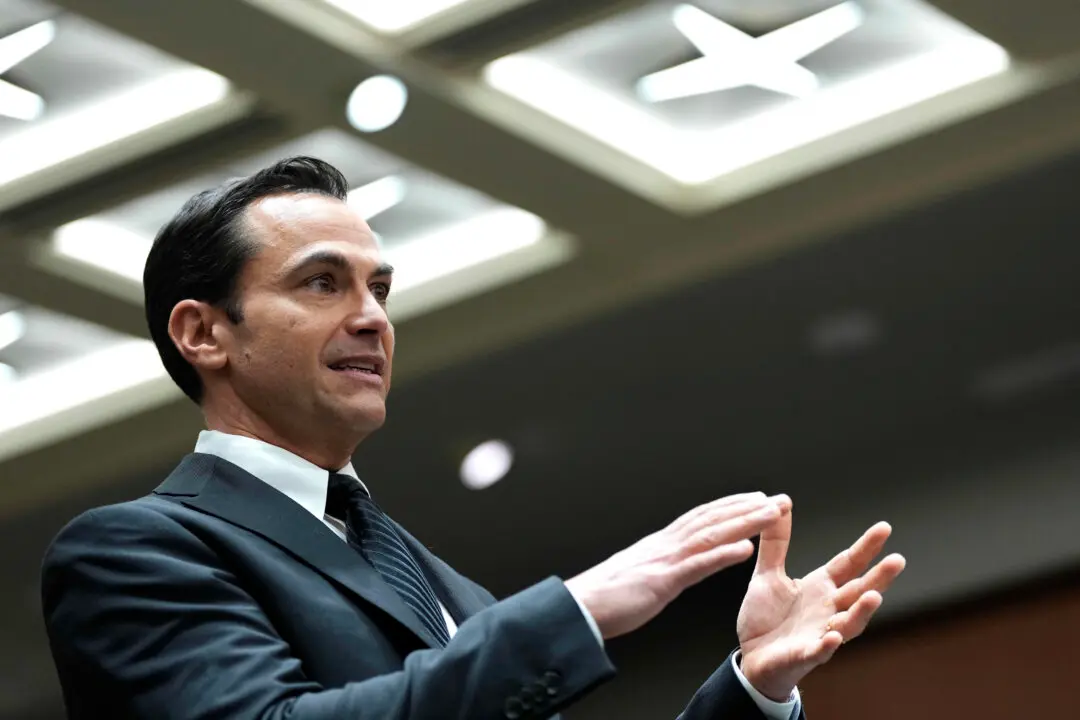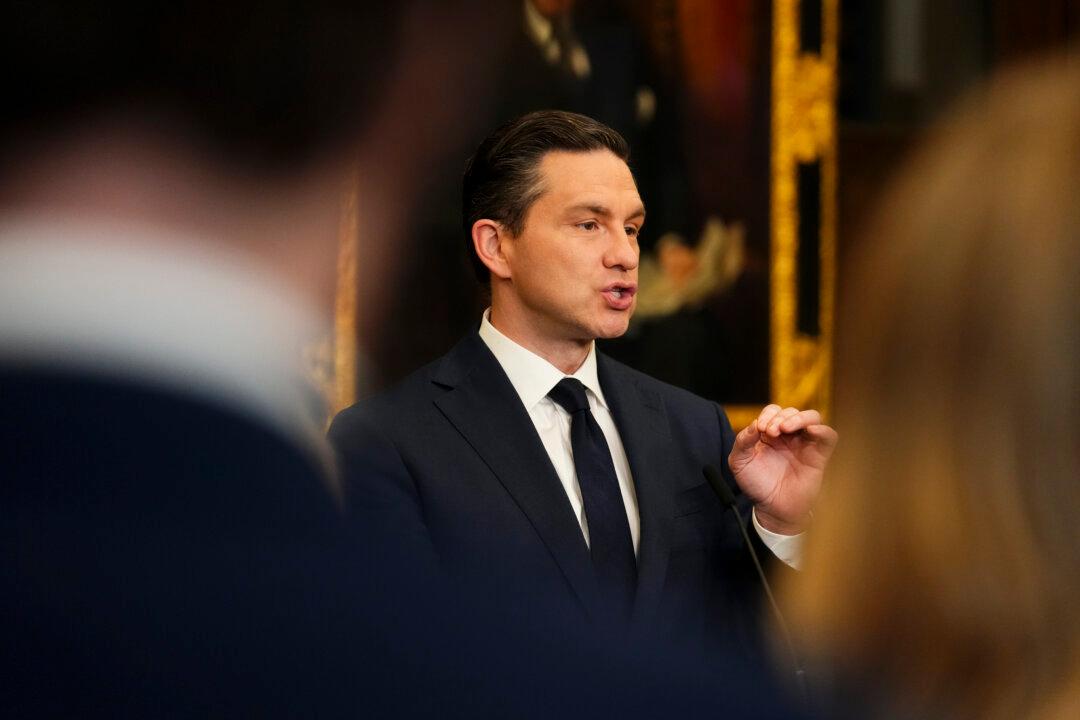OTTAWA—The defence lawyers for Freedom Convoy organizers Tamara Lich and Chris Barber have begun making their case, arguing against the Crown’s request that a criminal charge against one should apply to the other, as there is not enough evidence to prove the pair worked together at a level where a conspiracy to commit crimes occurred.
“Ultimately, our submission is what’s required in order to invoke the co-conspirators exception, if there’s something more, a plan that’s more focused and specific than an overarching commonality of purpose,” said counsel for Ms. Lich Eric Grainger on Nov. 27.





